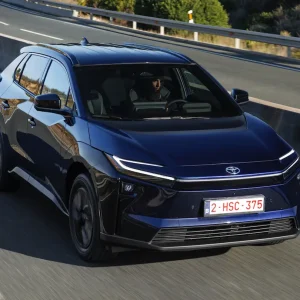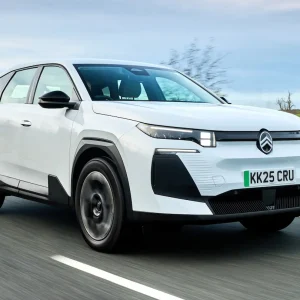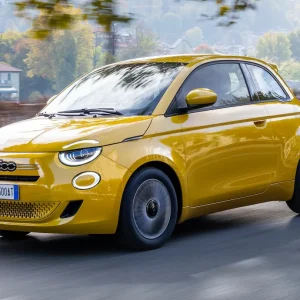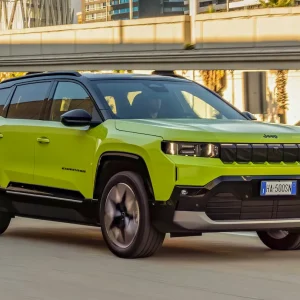Waiting for a diesel Subaru is a bit like waiting for a bus. You hang around forever then three turn up at once – in this case, a trio of new diesel models wit

hin eight months.
First up will be the diesel Legacy Sports Tourer and its more rugged brother, the Outback. Both arrive in February. They’re followed by the new Forester off-roader, which should be on sale in time for 58-plate deliveries in September.
Subaru has always pursued its own quirky path, and its 148PS 2.0-litre diesel is no exception. While most makers opt for an inline four-cylinder layout, Subaru has kept faith with its trademark boxer configuration. The Japanese firm argues this makes for a more compact engine with less inherent vibration and better handling because the centre of gravity is lower.
Economy and emissions are among the best in class. The Legacy manages a claimed average 49.6mpg, despite the extra weight and friction of its four-wheel drive transmission. The taller, heavier Outback is only slightly thirstier, delivering 48.7mpg. CO2 emissions of 151g/km and 153g/km place both cars in the 20% BIK tax bracket. It’s difficult to pick rivals for the slightly quirky all-wheel drive estate, but for example the figures compare favourably with a VW Passat 4Motion’s 177g/km and 25% tax band. Competitive pricing, starting from £19,995 for the entry-level Legacy, will also keep benefit-in-kind tax bills low.
The strong fiscal performance is mirrored on the road. The engine feels a little flat below the torque peak at 1800rpm, but acceleration builds smoothly and progressively and doesn’t tail off at high revs. Subaru makes much of the engine’s refinement, and rightly so – it’s one of the quietest four-cylinder diesels around. Even when revved hard the note is never intrusive, and at motorway speeds the engine is very quiet, although there’s some wind noise to contend with.
Turn onto twistier routes and the Sports Tourer is more at home than the Outback, with less roll and better controlled suspension. Unless you really need the extra ground clearance of the Outback, the estate is both cheaper and better to drive. Both cars suffer from cramped rear seats, though.
Subaru’s fleet ambitions are modest and the company says it can’t get enough engines into the UK to make a concerted push for a big slice of the fleet market. But for small businesses and contract hire customers looking for something different, the long wait has been worth it.





